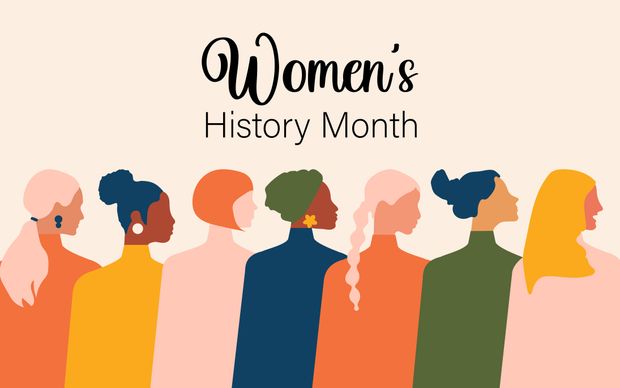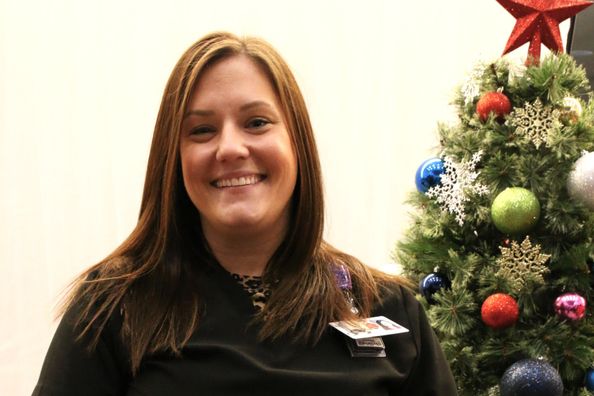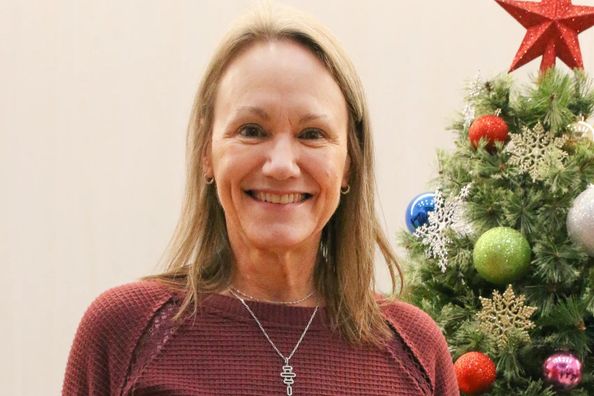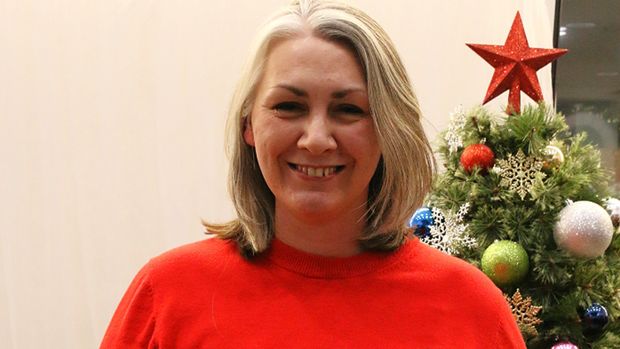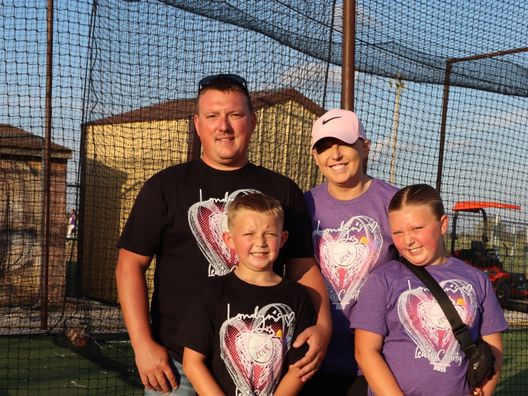In celebration of Women’s History Month, we spoke to one of our female leaders, Kristie Kemner-Schoen. Kristie serves as our Director of Integrative Health Services here at QMG. She shares more about leaders who have inspired her, what leadership means to her, and her advice for future generations.
Who inspired you to be a leader and why?
Over the years I have become increasingly influenced by leaders who pioneer. I like studying people who think differently when confronted with a challenge or problem. Of all the people I have read about, speakers I have listened to, or heard on a podcast they seem to have one common denominator that has always seemed to hook my interest. They did not let the challenge or the problem be the barrier to their success. They used it as their starting block to push off of for momentum. Problems were their muse for their innovation. I, too, feel this way. I actually enjoy engaging in challenging tasks and projects.
As I took some time to further reflect on what inspired me to become a leader, I realized that it wasn’t so much who inspired me but rather something I was always kind of drawn to. I believe I was always kind of hard-wired for leadership. I was always a competitive kid who liked to go first, take charge, or speak up. I was often described by others over the years as being “passionate, energetic, self-motivated, and determined.” But if you asked my brother and close family members they would tell you that I could be more accurately described as being “intense, loud, bossy, competitive and persistent.” All jokes aside, there is probably truth in the latter. Additionally, I equally love the synergy that can be manifested when individuals come together with varying talents and work together as a team. I have had the unique privilege to play on several successful teams over the years that have received many accolades. I think the combination of my hard-wired personality quirks along with my teamwork mentality and positive attitude organically put me where I am today.
What does being a leader mean to you?
I would like to reference something that I came across in a book that I read that really stuck with me. In the book, they talked about legendary football coach and change agent, Lou Holtz. It stated, “Lou Holtz is a leader who understands how to create positive change. He is what I would like to call a U‑turn leader, a person who is able to take a football organization that is heading downward, stop the negative momentum, change the direction it is heading, and turn it upward, creating positive momentum.”
When I read this I remembered thinking that this is exactly the kind of leader I want to be. To me being a leader is someone who is able to recognize possibilities where others see problems. They are positive visionaries despite the landscape. They are not easily distracted by problems, setbacks, or negative attitudes but rather fueled by them. They see them as opportunities that hold potential benefits to learn more and gain further perspective which translates to rapid growth.
Additionally, I believe leaders should spend intentional time investing and developing the people and talent that surround them. I know we have all heard and read that people are our most valuable asset. They are. By choosing to spend dedicated time with a few individuals rather than being everything to everyone I have had the unique privilege of seeing incredible growth for future leaders within our organization. I feel leaders should dedicate time to helping their people become better problem solvers, empowering them to make decisions, and helping them reach their potential. Encourage them to take risks and support them when the outcomes were both positive and negative. Learn to ask more questions and do less telling. Help your people develop the skills needed so they can operate independently. Dually, seeing your people flourish and owning their roles can be a really amazing experience.
What leadership advice do you have for kids and young adults for the future?
My advice for the future leaders out there would be this. Be unapologetically tenacious. Be quietly instrumental. Be passionate and full of grit. Be a positive disruptor. Demand excellence. Embrace your flaws and own them. Seek and develop perspective. Think differently. Challenge yourself and others. Be a positive visionary. Ask a lot of questions. Self-reflect. Be a change agent. Be an advocate. Own your mistakes and apologize for them. Demonstrate a great attitude. View problems as opportunities. Collaborate with others. Have empathy. Show compassion. Never stop learning. Step into courage, not fear. Focus on your strengths and outsource your weaknesses. Create margins for new talent to emerge. Have confidence, not an ego, and be wise enough to know the difference as it will be the determining factor of your success.
Health Topics:

